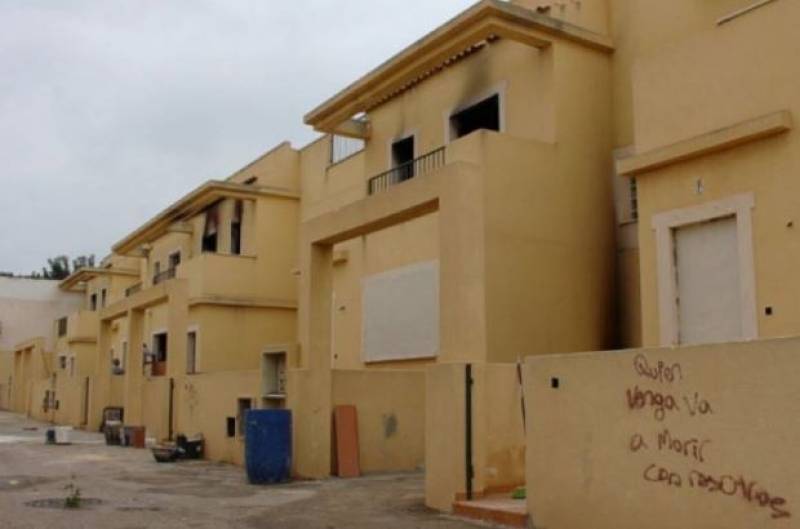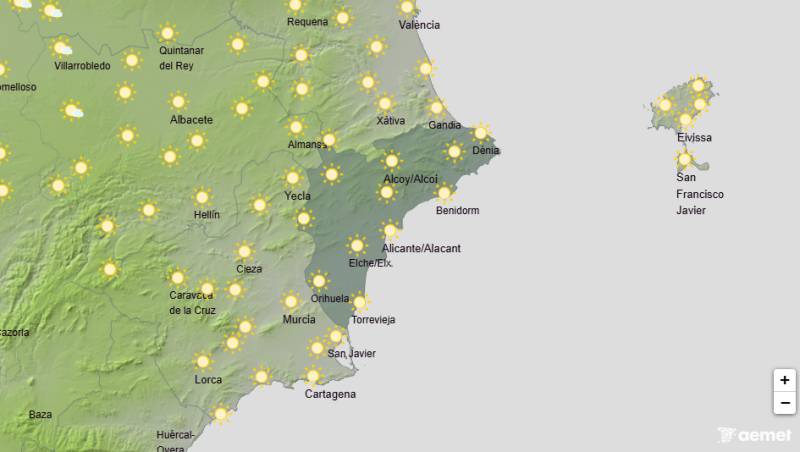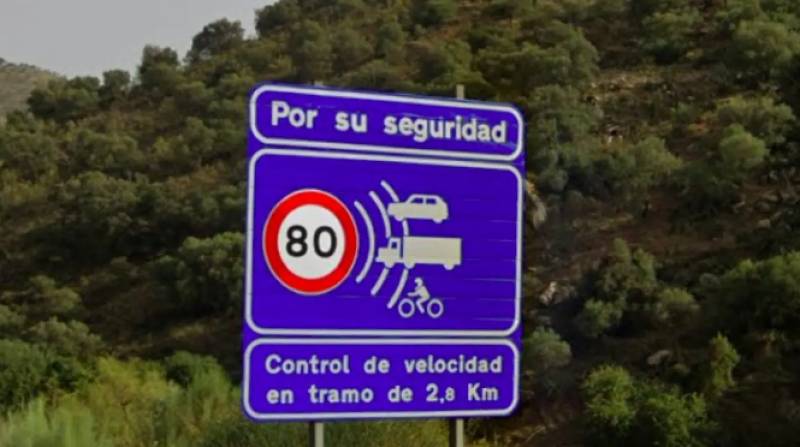- Region
- Vega baja
- Marina Alta
- Marina Baixa
- Alicante
- Baix Vinalopo
- Alto & Mitja Vinalopo
-
ALL TOWNS
- ALICANTE TOWNS
- Albatera
- Alfaz Del Pi
- Alicante City
- Alcoy
- Almoradi
- Benitatxell
- Bigastro
- Benferri
- Benidorm
- Calosa de Segura
- Calpe
- Catral
- Costa Blanca
- Cox
- Daya Vieja
- Denia
- Elche
- Elda
- Granja de Rocamora
- Guardamar del Segura
- Jacarilla
- Los Montesinos
- Orihuela
- Pedreguer
- Pilar de Horadada
- Playa Flamenca
- Quesada
- Rafal
- Redovan
- Rojales
- San Isidro
- Torrevieja
- Comunidad Valenciana
article_detail
How to get squatters out under the new Spanish housing law
Squats have skyrocketed in Spain by 63% in the last five years

Spain recently reformed its housing law and made a series of amendments to how homeowners and the authorities are allowed to deal with squatters, a growing problem all across the country. Over the last five years, squatting in Spain has skyrocketed by 63%, going from 10,619 occupied properties in 2017 to the current 17,274.
It’s always been very difficult to regain control of a squatted home, with landlords often arguing that the law falls more on the side of the illegal tenants than the rightful owners. And many now argue that the new housing law will slow down the process even further.
What must homeowners do to start the eviction process?
The first change that came with the housing reform is aimed at protecting squatters “in situations of vulnerability” and stipulates that owners must select an exact time and date for the proposed eviction before starting legal proceedings. This will supposedly allow the ‘tenants’ and landlords time to come to a resolution, outside of the courts.
In order to start the basic legal procedure, the owner must first be able to prove that he is not a large holder, that is, a landlord that owns more than 10 urban properties, excluding garages and storage areas, or a construction area of more than 1,500 m2. Once the lawsuit is filed, the owner must also determine if the property is the habitual residence of the squatter.
In the event that the landlord is a large holder, he must also include in his eviction demand whether the squatter who is in his property is a person who is in a vulnerable situation or not, since the new law is intended to protect "dependent persons, victims of violence against women or minors".
In addition to these requirements, the large holder must also certify that before suing, he previously tried to come to an agreement with vulnerable squatters.
What happens next?
Once the lawsuit requesting eviction is filed, if vulnerability is proven then the court will carefully assess the case. The new law allows the process to be suspended for two months in the case of private landlords and four in the case of legal persons, to allow the regional and local Public Administrations more time to present different alternatives to eviction to the court.
The Rental Negotiating Agency (ANA) has been vociferous in its complaints against the new regulations, claiming they throw homeowners into even more legal uncertainty than before.
“Legal uncertainty will be absolute and will keep many landlords and investors from the rental market," a spokesperson complained, adding that this law will encourage squatter vacancy procedures to be slower, with more procedures and more costs for landlords."
Image: Archive
staff.inc.ali
Loading
Sign up for the Spanish News Today Editors Roundup Weekly Bulletin and get an email with all the week’s news straight to your inbox
Special offer: Subscribe now for 25% off (36.95 euros for 48 Bulletins)
OR
you can sign up to our FREE weekly roundup!
Read some of our recent bulletins:
Discount Special Offer subscription:
36.95€ for 48 Editor’s Weekly News Roundup bulletins!
Please CLICK THE BUTTON to subscribe.
(List price 3 months 12 Bulletins)
Read more stories from around Spain:
Contact Murcia Today: Editorial 000 000 000 /
Office 000 000 000




































